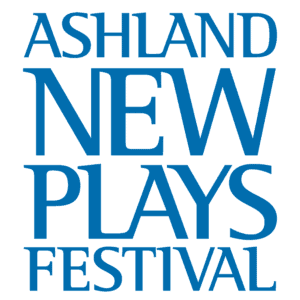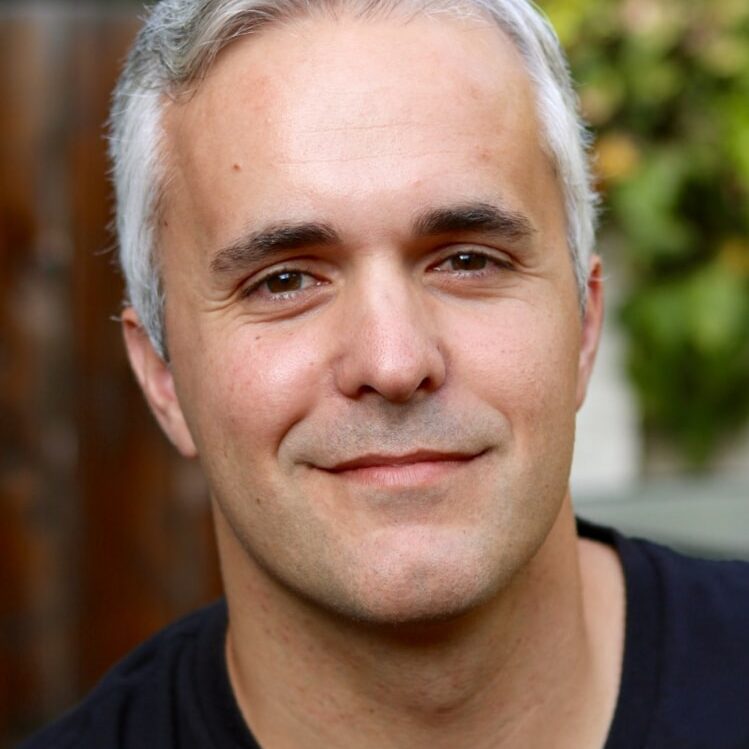Playwright Profile
Currently residing: Los Angeles
Grew up in: Fort Worth, Texas
Creative beginnings: I always knew I wanted to write. And I started with short stories, thinking I would graduate to writing novels. I remember Cyrano de Bergerac was the first play I really identified with. Because, like the titular hero, I also used my facility with language as a defense mechanism. And it also allowed me, at the time, to embrace a romantic story that still seemed masculine (I was 12, and I had a lot to learn about culturally defined gender roles, if you can believe it).
I didn’t realize at the time that what drew me to Cyrano was that he was essentially a writer, pouring his heart into lines that a far more beautiful person could say better than he ever could. And that image of the swashbuckling wordsmith stuck with me.
Even as I started to pursue writing for film and TV, the romantic notion of the playwright as a lonely, truth-telling idealist was something to aspire to.
Playwriting empowerment and nurturance: Two things: the first is reading plays for pleasure. It’s always so bracing to read an inventive play and think, “I didn’t know you could do that.” It’s also so eye-opening. And it feels like both a challenge and a re-filling to my creative spirit. It makes me want to jump up and participate in the ongoing conversation.
The second thing that nurtures and empowers my playwriting is: writing for television. TV can sometimes be a fairly rigid creative process, and after a while, I start to feel this pressure building up inside of me to just LET CHARACTERS TALK. To write scenes that go on for more than three pages. To ask questions that I don’t have an answer for. To let theme and character take a story on a circuitous path if need be. That desire has empowered my playwriting to be bossy and take over my schedule and insist on existing in my life.
Writing process: It depends on the project. Sometimes it takes meticulous work and planning to understand the shape of a story before you start. Sometimes you feel a strong urge to just GO and figure it out along the way. But regardless of the path you take, it always ends in the same place: that writing is really re-writing. Revision and editing are the hardest and most necessary parts of the process to me.
Inspiration behind your play: Pocket Universe was inspired by my love of science fiction (and wanting to see more of it on stage), as well as the growing realization that at some point in the future, I was going to have kids. And, having an imaginative mind, I can’t help but run scenarios where that future doesn’t turn out the way I would want it to.
I was really interested in exploring the echoes of a trauma spreading throughout someone’s life the way a new universe is slowly expanding. What happens when the big bang of your universe is a loss you have to find a way to move on from?
Most looking forward to at ANPF: I’m looking forward to what our actors discover through the process. I’m fascinated by that part of it. Actors go into the characters in a way that I will only ever imagine. And then they report back like war correspondents who’ve been to the front lines of existence and tell you when your battle plan did or didn’t succeed on the ground.
Hope for audience takeaways: From a craft perspective, I hope audiences feel what Ingmar Berman called “the slow turning of the screw into unreality.” That feeling where the ground beneath your feet starts to feel loose and uncertain. That moment of insight that causes you to go back and re-interpret the story you thought you knew through a new lens.
From an emotional perspective, the goal is always to sneak up on people’s deepest fears and loves, and surprise them. I want them to discover that a story that feels at first like a sci-fi mystery about strangers in the near future is really about them right now.


